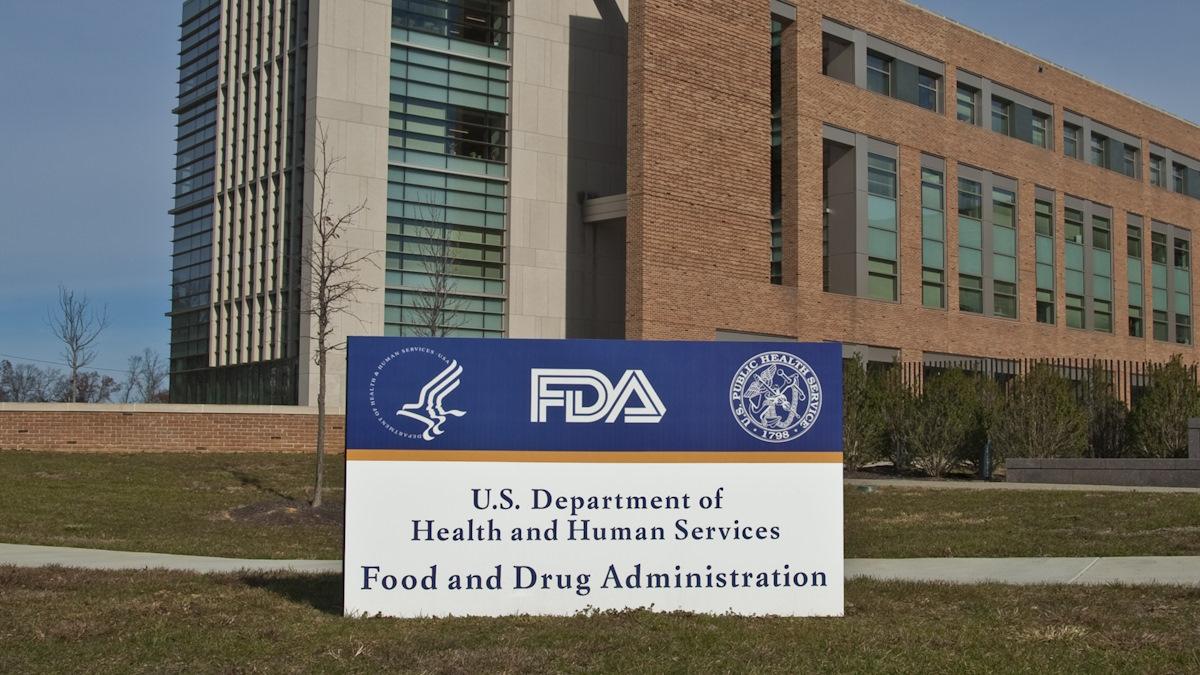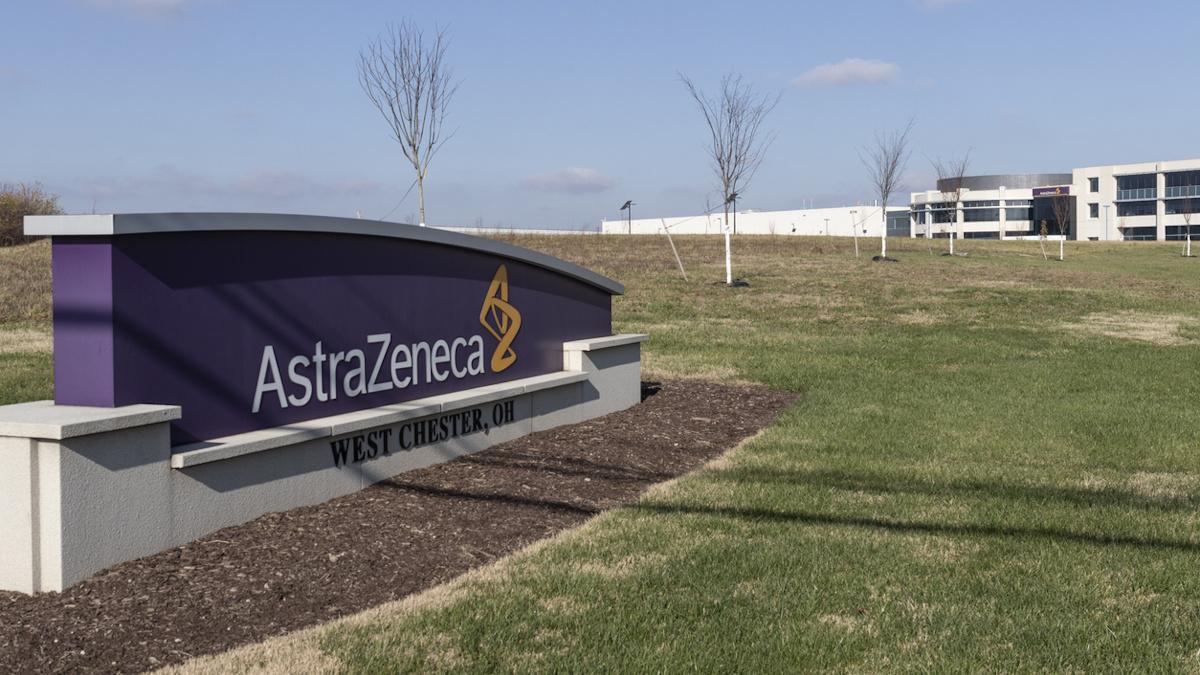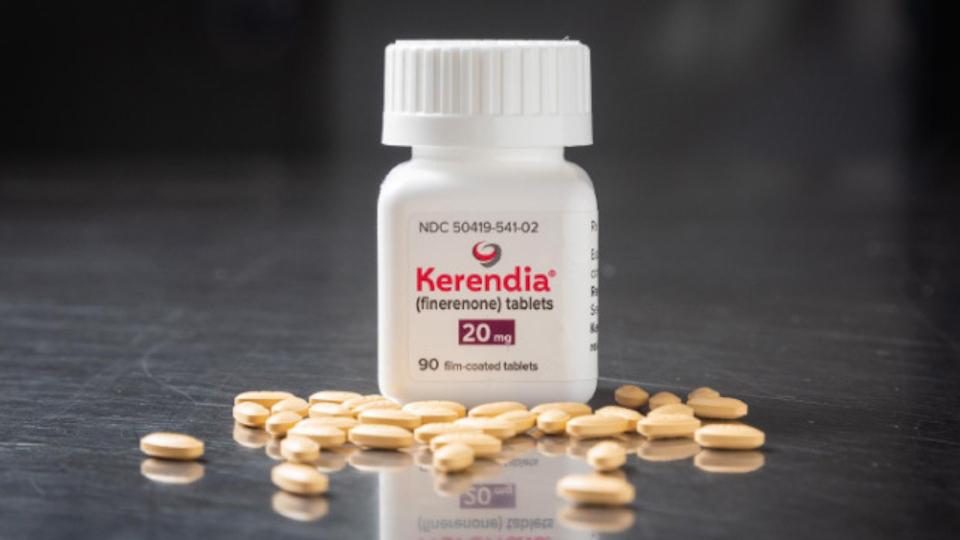MSD and Daiichi Sankyo pull HER3-DXd's FDA filing

A year ago, MSD and Daiichi Sankyo's HER3-targeting antibody-drug conjugate patritumab deruxtecan (HER3-DXd) was rejected by the FDA, and the partners have now withdrawn a filing intended to get the programme back on track.
The decision to voluntarily pull the application follows the revelation that overall survival data from the phase 2 HERTHENA-Lung01 study, which also underpinned their earlier attempt to get accelerated approval from the FDA – did not reach the threshold for statistical significance.
According to a joint statement from the two companies, the decision "is unrelated to the complete response letter that was received in June 2024 and outlined findings pertaining to an inspection of a third-party manufacturing facility."
The application was for the use of patritumab deruxtecan as a treatment for adult patients with locally advanced or metastatic EGFR-mutated non-small cell lung cancer (NSCLC) who have been previously treated with two or more systemic therapies.
MSD (known as Merck & Co in the US and Canada) paid $4 billion upfront for rights to patritumab deruxtecan and two other ADCs in a deal whose total value could reach $22 billion. The latest decision will be seen as a blow to its ambitions for the HER3 programme, which accounted for $1.5 billion of that upfront fee.
Daiichi Sankyo's head of global R&D, Ken Takeshita, said that EGFR-mutated NSCLC is known to be difficult to treat in the second-line metastatic setting, but added that the company is "conducting further biomarker analyses to better identify patients that may benefit from patritumab deruxtecan to guide our continued development in lung cancer."
Now, all eyes will be on data from the HERTHENA-Lung02 study, comparing the ADC to chemotherapy as a second-line option for EGFR-positive NSCLC in patients whose disease has progressed after a third-generation EGFR tyrosine kinase inhibitor (TKI) such as AstraZeneca's market-leading Tagrisso (osimertinib).
Daiichi Sankyo and MSD teased the results of HERTHENA-Lung02 last September and are due to present the full data at the ASCO congress, which gets underway in Chicago tomorrow.
HER3 is expressed in more than 80% of EGFR-mutant NSCLC, and overexpression is associated with poor outcomes. No HER3-targeted drugs have been approved to date, but there are dozens of candidates in clinical testing, so the pressure is on MSD and Daiichi Sankyo to get patritumab deruxtecan to market as soon as possible.
"We remain confident in the broad development program of this HER3-directed antibody drug conjugate, which currently includes multiple clinical trials across 15 types of cancer," said Takeshita.













